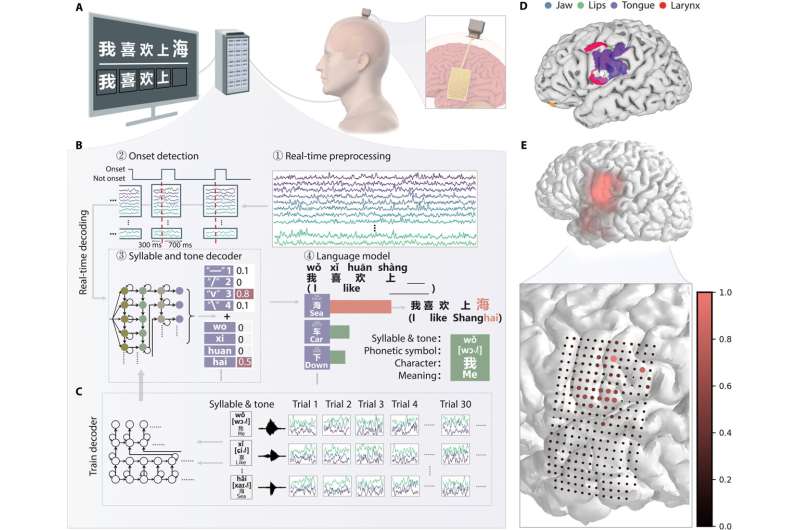What are mind-reading BCIs used for?
While most people may not want a computer reading their mind, those who are unable to speak due to neurological conditions, like strokes or amyotrophic lateral sclerosis (ALS), need to find alternative ways to communicate. Speech decoding BCIs, capable of decoding neural signals, offer a promising way to restore communication in such individuals. In addition to communication, BCIs also offer ways to control devices directly through thought. This is particularly helpful for neurological conditions in which disabilities extend beyond speech loss.
These types of devices are not exactly a novel technology, but most BCI speech decoding research has focused on English, a non-tonal language.

